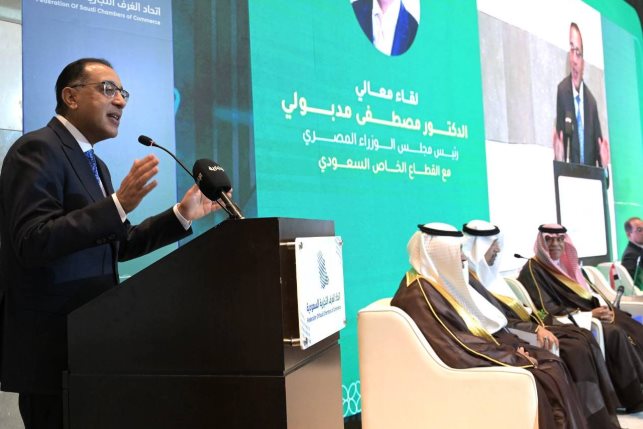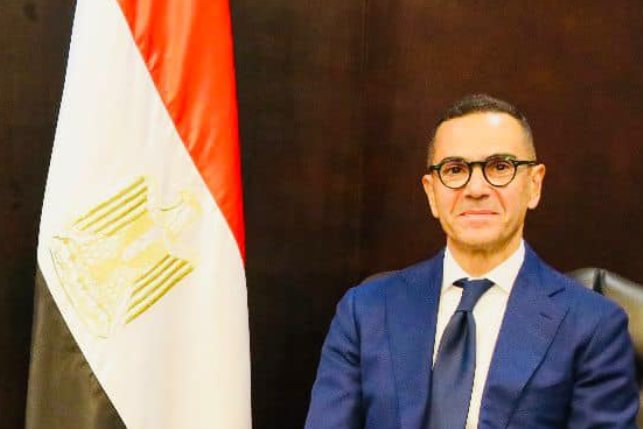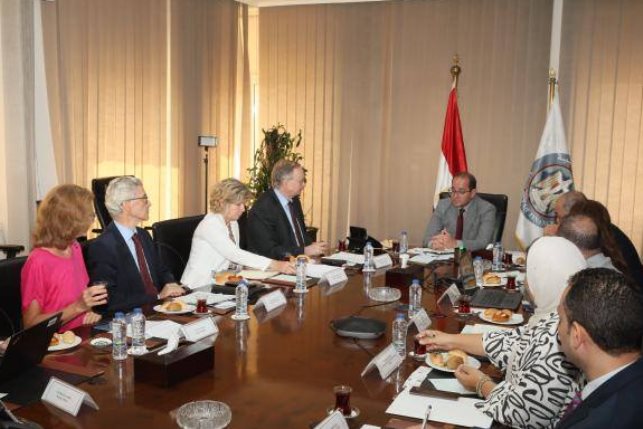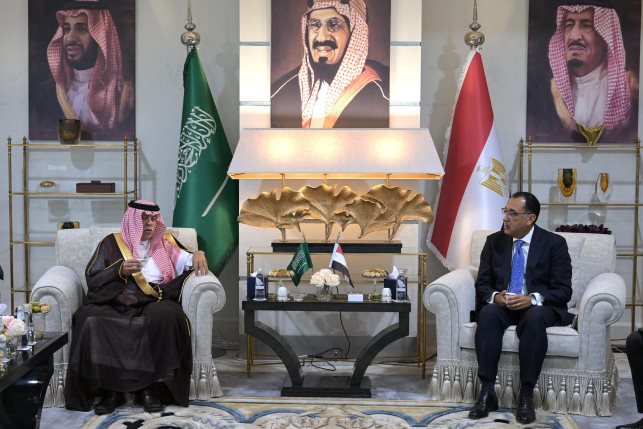President El-Sisi’s fresh term comes amid economic achievements and firm reforms to bolster economy
As President Abdel Fattah El-Sisi took his oath on Tuesday for his 3rd presidential term, he reaffirmed his commitment to comprehensive institutional reforms and adopting strategies to further strengthen and stabilize the Egyptian economy
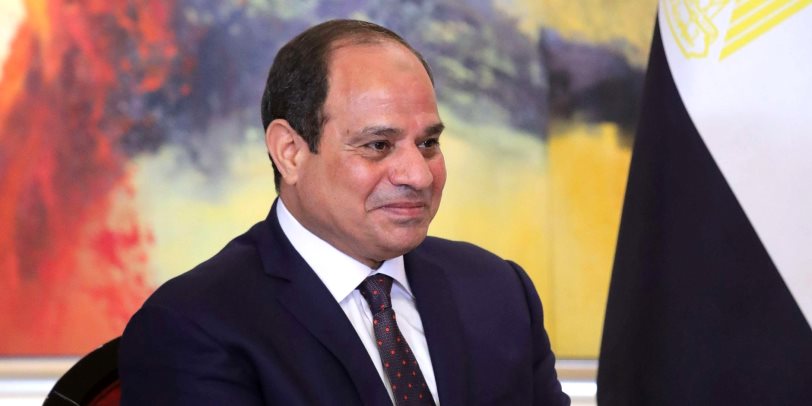
The past few months have smoothed the way for the president’s new term, with a new presidential strategy underway, a large influx of fresh foreign financing agreements, and the loosening of multiple foreign currency restrictions providing a more positive outlook for the local economy.
As President Abdel Fattah El-Sisi took his oath on Tuesday for his 3rd presidential term, he reaffirmed his commitment to comprehensive institutional reforms and adopting strategies to further strengthen and stabilize the Egyptian economy.
During his speech after taking the presidential oath at the new parliament located at the New Administrative Capital (NAC), El-Sisi underscored his previous vows to push for progress in terms of “nation-building and fulfilling the aspirations of the esteemed Egyptian people” and his determination to push ahead.
Emphasis on economic reforms
The government has worked diligently to curtail the economic impact of several crises – the COVID pandemic, global supply chain disruptions, the Russia/Ukraine War, the ongoing war on Gaza, and dwindling foreign currency reserves, with a noticeable surge in progress over recent months.
The president’s firm emphasis on the economy and reforms during his speech paints a clear picture of the country’s goals for the upcoming 6 years and follows the government’s release of the presidential term strategy back in January.
El-Sisi stressed achieving strong, sustainable, and balanced economic growth, with a focus on developing Egypt to become a regional center for transport and transit trade, as well as a leader in new and renewable energy.
He also highlighted the government’s goals of strengthening the private sector’s role in the economy and identified agriculture, industry, communications, information technology, and tourism as sectors to be prioritized for increased contributions to the country’s GDP.
A smooth landing
Since January, the government accelerated efforts to implement measures to strengthen the economy ahead of the inauguration – from facilitating market entry for international companies through new policies and its Golden License to closing the foreign currency exchange gap through strategic agreements.
In a sudden, but highly-anticipated, move, the Central Bank allowed the EGP to plummet soon after closing a major $35 billion deal with an Emirati wealth fund for the development of Ras El Hekma.
The landmark deal triggered a cascade of economic changes, enabling the government to have a stronger economic foothold prior to the devaluation, fast-track economic reform, as well as a better position at the negotiation table with the International Monetary Fund (IMF) for the almost 10-month delay in tranches from its $3 billion Extended Fund Facility and push for an increase.
Once the IMF sealed the deal, upping the financing to $8 billion, several international institutions announced a series of aid packages to Egypt, including the EU. The EU pledged $8.1 billion in assisted financing to curb illegal migration to Europe.
By the end of March 2024, Egypt’s recent foreign financing reached a staggering $51.1 billion. This has enabled the country to bolster its foreign reserves, stabilize the economy with a fresh set of reforms, and ease tightened measures by the central bank such as restricting foreign currency usage and withdrawal limits.
The impact of these recent events has led to an improved outlook for Egypt’s economy by several international ratings agencies.
As such, the president enters a new term with a smoother transition, while still emphasizing the current need to bolster the country’s economic standing and future.
Concluding his previous term (2018 – April 2, 2024) today, El-Sisi’s latest term will officially begin tomorrow on April 3, 2024.


